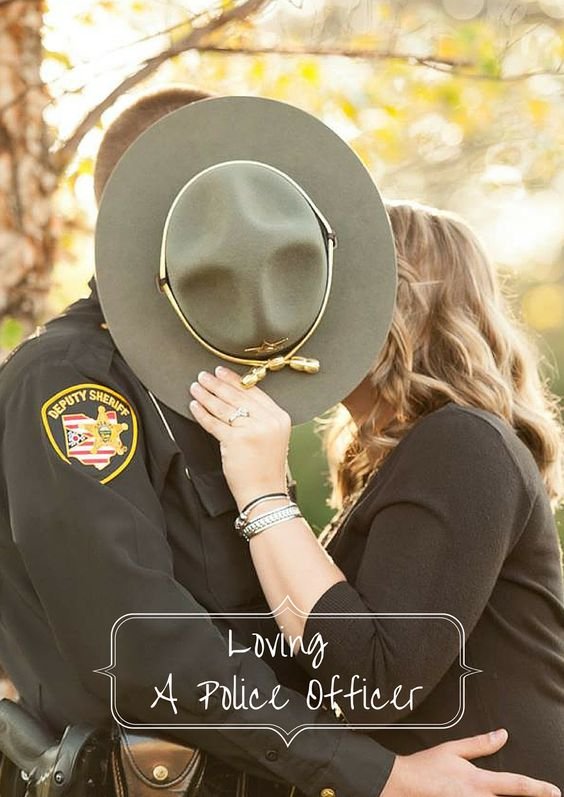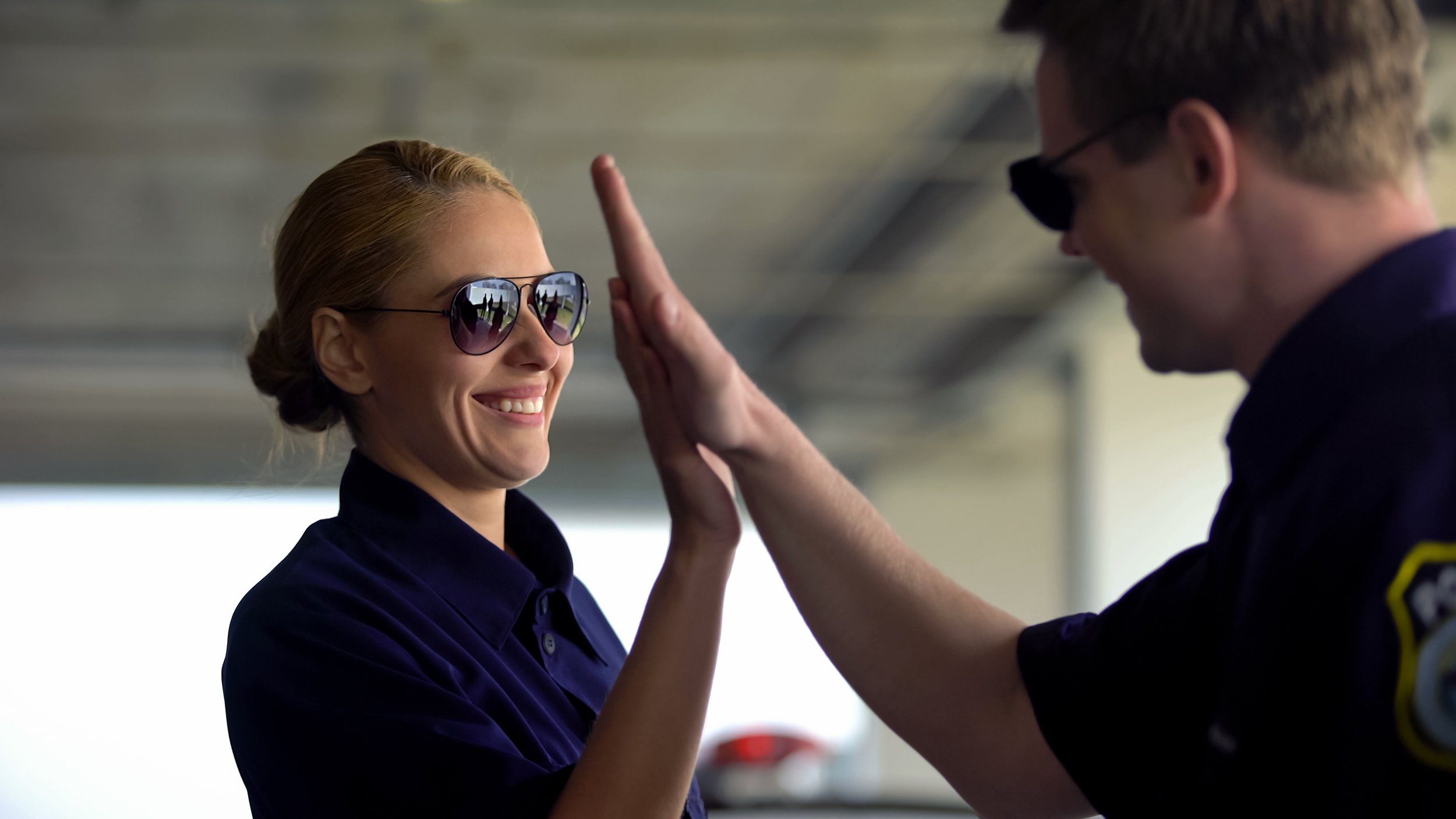When you are applying for a job in law enforcement, you will be faced with Situational Judgment questions, either on the written exam or during the interview. The questions will ask you to view a scenario and then rate certain responses from very ineffective to very effective over a 5 or 7-point scale. It is not easy for the unprepared test taker to choose the correct answer from 5 to 7 choices.
There are seven measures of ATTITUDE that are critical to master in order to do well on these Situational Judgment Tests.
Decision Making Skills
Communications Skills
Use of Power and Authority
Integrity and Professionalism
Sensitivity to the Team
Openness & Flexibility
Service Orientation
These inclinations are easy to list, but sometimes difficult to put into practice. In this article, I will discuss Service Orientation.
Examples of Service Orientation
There are many situations in law enforcement where your Service Orientation can be demonstrated. Here are some examples:
Giving Directions
Have you ever noticed when you visit Home Depot or Lowes how the staff have been trained to not only TELL you where something is, but they also offer to WALK you to the correct place.- even when you don’t need the help? This response builds customer loyalty and appreciation. The same if true of law enforcement.
In our example of clearing protestors from a restricted area, we pointed out how giving the protestors an alternative location that they can express themselves is a strong display of Service Orientation. An officer may choose to go out of their way to personally escort the citizens to the approved location. That is the best response!
Above and Beyond
You and your partner are having a cup of coffee on your break. A woman comes up to you and ask you if you know how to get to a building that you are not familiar with. You should ...
Tell the lady that you don’t know and are off duty at the present time.
Tell the lady to call 411 on her cell phone and ask.
Suggest to the lady that she look it up on her smart phone.
Tell her that you don’t know but are willing to help figure it out.
Choice 4 is the best response. If you want to pass the SJT exam, you better know this.
Serves Public Interest
A common situation that officers run into each day is when you are busy patrolling your territory and you observe a safety hazard, like a huge pothole. Fixing potholes is not a responsibility of the police department, but clearly, it is a problem of Public Interest. Taking time to call this into your dispatchers and getting them to advise the Street Department is the correct response to this situation.
Taking Pride in the Organization
Imagine that you drive your squad car through a muddy street that leaves the car looking brown rather than black and white. Do you take the time to get the car cleaned? Yes! Because to want to do everything in your power to make your department look good.
Volunteering for an open house at your department would be another example.
Learn How to Ace the Situational Judgment Test
Notice that evaluating a response using only one criteria, like Service Orientation, is not enough to answer Situational Judgment questions where you need to rank 5 to 7 choices for responses.
Most of my Police Test Prep courses include a video tutorial on how to ace the Situational Judgment Test. Alternatively, you can purchase this lesson on an à la carte basis by clicking on this image.
























